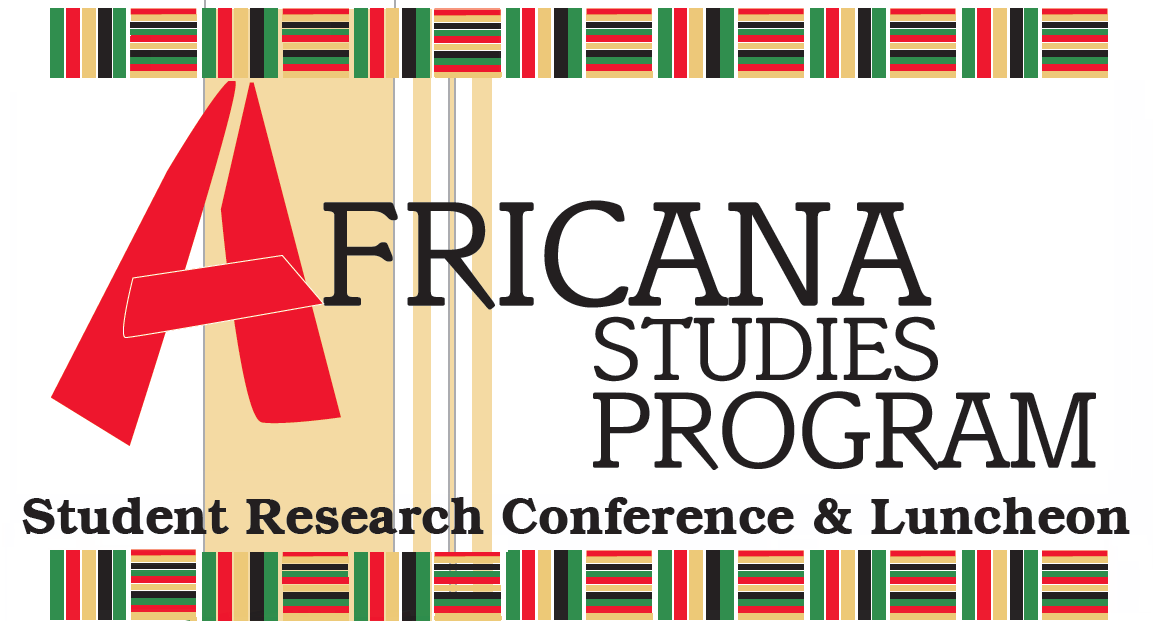
Panel 1: Intersections of Race
Degree Program
Graduate
Major
Musicology (ethnomusicology)
Abstract
Ethnicity is highly politicized in northeast Africa and has been implicated in conflicts, tensions, and protests in different countries throughout the region. Various, complex factors play a role in this: political marginalization and cultural denigration of certain ethno-linguistic groups within nation-states, unequal access to resources, increasingly ethnicized cycles of violence, and overall rise in identity politics around the globe are a few. This paper aims to expand our understanding of ethnicity by examining how ethnic phenomena are manifested in expressive culture and how expressive culture reflects, shapes, and informs ethnic consciousness. I do so by exploring local music-making amongst members of the Anywaa ethnic group in Gambella region, western Ethiopia. The premise is that expressive culture such as music is not peripheral to processes of ethnicity but is intricately bound up in it. As Stokes (1994) has observed, music can reify ethnic groups through construction of musical difference and activities such as listening to, thinking about, and discoursing about music. Indexical linkages between certain cultural practices and Anywaa ethnicity, use of cultural difference to maintain ethnic boundaries, performance of difference through music-making and dance, and interpretive frameworks of listeners are all factors that assist in the construction of Anywaa ethnicity. An analysis of song lyrics, musical characteristics, and comments made by both musicians and listeners during my fieldwork indicates that music is one means by which the Anywaa define themselves as a distinct people group, cultivate a sense of cultural pride, and generate affective connections to their ethnic community. Anywaa music, then, not only reflects sentiments and ideas about Anywaa identity, but also produces Anywaa-ness, strengthens ethnic solidarity, and reinforces boundaries between the ethnic Self and Other.
Start Date
8-2-2019 9:00 AM
End Date
8-2-2019 10:15 AM
Included in
"Unite Yourselves in the Name of Anywaa": Music and Anywaa Ethnic Identity in Gambella, Ethiopia
Ethnicity is highly politicized in northeast Africa and has been implicated in conflicts, tensions, and protests in different countries throughout the region. Various, complex factors play a role in this: political marginalization and cultural denigration of certain ethno-linguistic groups within nation-states, unequal access to resources, increasingly ethnicized cycles of violence, and overall rise in identity politics around the globe are a few. This paper aims to expand our understanding of ethnicity by examining how ethnic phenomena are manifested in expressive culture and how expressive culture reflects, shapes, and informs ethnic consciousness. I do so by exploring local music-making amongst members of the Anywaa ethnic group in Gambella region, western Ethiopia. The premise is that expressive culture such as music is not peripheral to processes of ethnicity but is intricately bound up in it. As Stokes (1994) has observed, music can reify ethnic groups through construction of musical difference and activities such as listening to, thinking about, and discoursing about music. Indexical linkages between certain cultural practices and Anywaa ethnicity, use of cultural difference to maintain ethnic boundaries, performance of difference through music-making and dance, and interpretive frameworks of listeners are all factors that assist in the construction of Anywaa ethnicity. An analysis of song lyrics, musical characteristics, and comments made by both musicians and listeners during my fieldwork indicates that music is one means by which the Anywaa define themselves as a distinct people group, cultivate a sense of cultural pride, and generate affective connections to their ethnic community. Anywaa music, then, not only reflects sentiments and ideas about Anywaa identity, but also produces Anywaa-ness, strengthens ethnic solidarity, and reinforces boundaries between the ethnic Self and Other.

